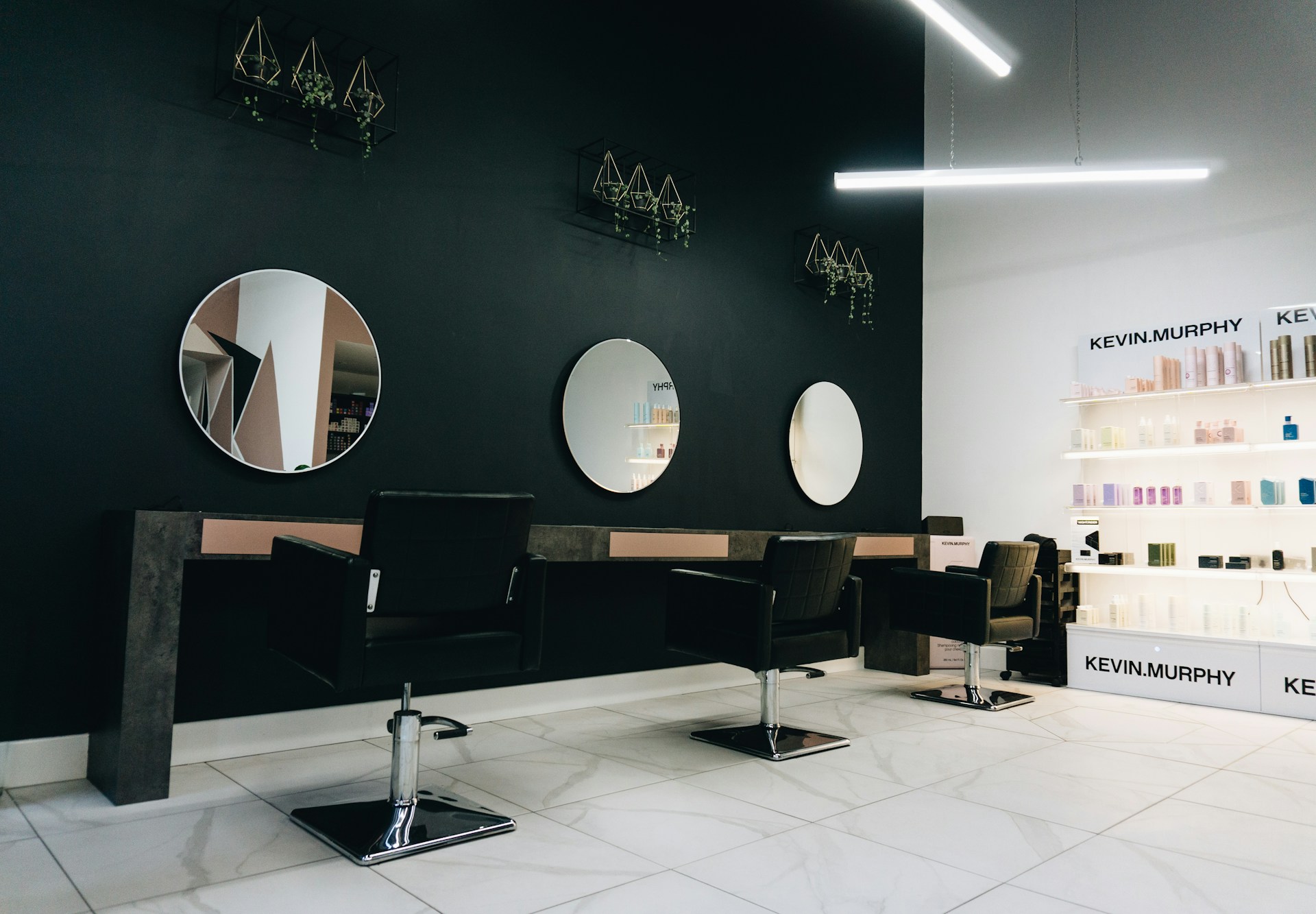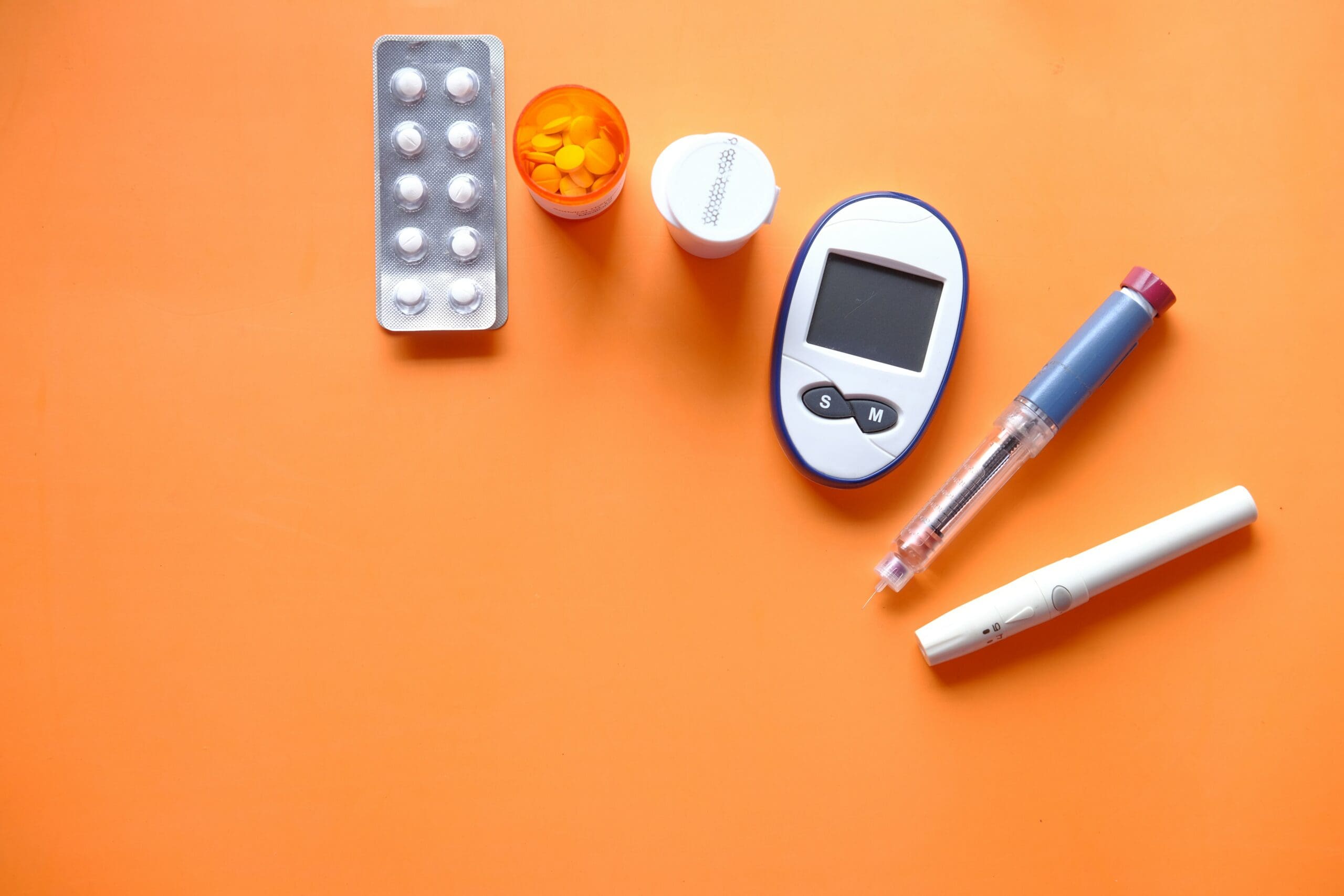By Nicole Johnson
We’re right in between Breast Cancer and Diabetes Awareness Months (October and November, respectively), and it’s a great time to remind yourself of all the important safety procedures you follow in your nail salon and why. Many techs have health-sensitive clients who need that extra bit of thoughtful care when it comes to their nail services. Do you know how to eliminate the biggest safety and sanitary concerns regarding those clients?
If you’re feeling unsure, beauty industry professional Joy A. Johnson is here to help. As a licensed nail technician, esthetician, and Joy of Beauty Founder and CEO, Johnson is an expert in the many facets of beauty with a special interest in servicing the immuno-compromised and health-sensitive client community. A caretaker for her elderly grandmother, Johnson also operates a mobile spa company, Nails & Faces of Joy, which aims to serve diabetic, elderly, and limited mobility clients.

Joy A. Johnson, licensed nail professional, esthetician, and Founder/CEO of Joy of Beauty
Johnson has created a list of top ten safety and sanitation procedures to follow religiously to keep your nail salon or spa a safe place for those health-sensitive clients. It’s important to remember that the feet and nails are especially important areas to monitor closely for these clients, and these tips will help you help them in the safest ways.
Joy Johnson’s Top 10 Tips for a Health-Sensitive Nail Salon
- Be sure your business is clean. Cleaning up after each client is paramount to stopping the spread of disease, but having a cleaning company come in after you close weekly or doing deep cleans yourself every week is very important. My grandmother always said, “Check to see if the corners are clean, to really know if a place is clean.”
- You should always ask your clients to wash their hands before you start, and you should do the same. Clean hands and work areas are the best way to start each service.
- You should disinfect and sanitize your tools, implements, and equipment per your state board, manufacturer’s recommendation, and common sense – especially the pedicure chairs. Many people wash the basin, but don’t thoroughly disinfect the unit or run the jets for the appropriate amount of time per the state board-approved disinfectant.
- It’s best to use as many disposable tools as possible. That may seem counterintuitive to being more sustainable, but you can build the price of the tools into your cost and give to your clients, or simply put them in the trash to help prevent the spreading of bacteria.
- Communicating with your client effectively is imperative, so if there is a language barrier, consider downloading Google Translate so you and your client can ensure you are on the same page.
- Do not use illegal tools, implements, or procedures; it’s not worth the fines, risk, or the potential loss of your license. Some services are just beyond the scope of our practice, and we need to be honest about that and create a referral network for the professionals who can provide those services. Or, you can go back to school to gain the credentials necessary to perform those services.
- Using implements or tools your client has bought for you to use on them is unsafe, nor does it reduce your liability if something goes awry. I know one of those famous TV doctors told people to bring their tools and implements to the nail salon, but that is not a good idea as we need to know if they have been adequately cleaned and disinfected. It doesn’t lessen your responsibility if something adverse happens.
- Take training courses from different manufacturers about proper sanitation and disinfection. Learn other methods, get different perspectives, and follow the procedures outlined for the brands you specifically use.
- Say no to clients that cannot be safely provided for. If a client has an open wound or injury that you CANNOT avoid during the desired treatment or service, inform the client of this and rebook them for an estimated time that it should be healed, or ask them to rebook once it is healed. If necessary, ask for a doctor’s note clearing them for the desired treatment.
- Commit to taking courses and using products for sensitive, immuno-compromised, or specific needs clients. For example, Joy of Beauty is a diabetic-friendly body care brand that offers 50% discounts to pros and formulates their products for the diabetic and immuno-compromised community. sa’Sha is a callus care brand that has universal uses from calluses to cuticle care and is developed safe for a wide range of individuals, including people with diabetes, those with compromised immune systems, and even oncology (with a doc’s note of course). LCN is a brand that offers toenail restoration, anti-aging and diabetic-friendly foot and hand products. Footlogix is a line of foot care products that includes a mousse for every type of foot need – cold feet, smelly feet, dry feet, sweaty feet, and so much more.
Related posts
by Nicole Johnson in Nails Mag. Any good nail technician [...]



